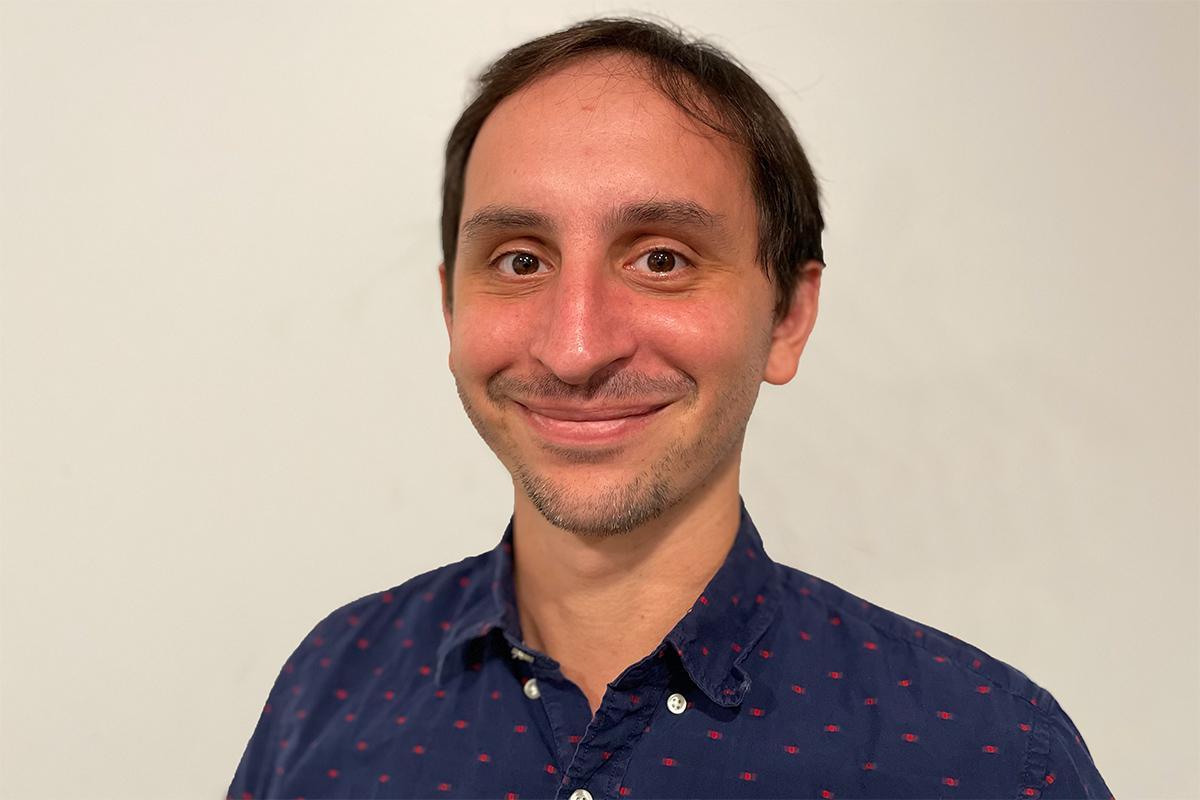By Jerry Grillo
How does electrical activity in the brain lead to action? That’s what Jeffrey Markowitz wants to find out, and the Alfred P. Sloan Foundation wants to help him answer the question.
Markowitz is one of two assistant professors from the Georgia Institute of Technology selected to receive Sloan Research Fellowships for 2023, awarded this year to 125 of the brightest young scientists across the U.S. and Canada. It is one of the most competitive and significant awards available to early-career researchers.
“This is a great honor and I’m very fortunate, because this award gives us a fair amount of freedom in the early stages of our research,” said Markowitz, based in the Wallace H. Coulter Department of Biomedical Engineering at Georgia Tech and Emory University. “Sometimes, how creative you can be is defined by how flexible your support is. This award is really key as we try new, innovative things in our work.”
The Sloan Research Fellowships are often seen as a marker of the quality of an institute’s science faculty, and proof of an institution’s success in attracting the most promising early-career researchers. Since the Fellowships were launched in 1955, 47 faculty from Georgia Tech have received the honor.
In addition to Markowitz, Georgia Tech’s other 2023 fellow is Anqi Wu of the School of Computer Science and Engineering. Last year, Coulter BME program faculty member Hannah Choi was a Sloan Fellow. The most recent BME primary faculty members to earn the honor are Eva Dyer and Chethan Pandarinath in 2019, and Bilal Haider in 2018.
“I am so pleased for Jeff because he is highly deserving of the prestigious Sloan Research Fellowship,” said Coulter BME Department Chair Alyssa Panitch, who nominated Markowitz for the honor. “This speaks well of Jeff and his amazing research, and also is a reflection of the talent and creativity that has become a part of the culture here in the Coulter Department and at Georgia Tech.”
Sloan Fellows receive a two-year, $75,000 fellowship to further their research. The honor is open to scholars in eight fields – chemistry, computer science, economics, mathematics, computational and evolutionary biology, neuroscience, ocean sciences, and physics. Markowitz won in the neuroscience category.
Paradigm Shift
In winning the fellowship, Markowitz also joins an association of towering figures in the history of science. More than 50 Sloan Fellows have received the Nobel Prize in their respective field. The list of fellows also includes winners of the National Medal of Science and many other prestigious honors.
The Markowitz lab aims to identify the neural mechanisms that lead to action selection – basically, something that is happening every second. Every moment, beneath the surface, we take stock of our internal state and the external world and select a behavior, or an action. Even sitting still in a chair is an action.
“In a way it sounds abstract, but pretty much everything we do involves the selection of one action or another,” said Markowitz, who also won a Packard Fellowship in 2022.
Action selection is central to survival and the underlying neural circuits are key players in several neurodegenerative disorders, most prominently Parkinson’s disease. Despite decades of research, the neural mechanisms of action selection remain misunderstood, which means that more robust treatments for Parkinson’s remain out of reach.
Markowitz and his team, working in the multidisciplinary frontier of machine learning and biology, are going after nothing short of a paradigm shift. “That will be necessary if we want to uncover the neural factors underlying action selection and unlock the next generation of therapeutics for associated neurodegenerative disorders.”
They’ve created a system that exploits the latest advances in machine learning to, in a fully automated and unsupervised way, identify stereotyped behaviors from 3D motion capture of freely behaving mice. Pairing this system with chemical lesions and neural recordings, they’ve discovered that the basal ganglia, a group of nuclei deep in the brain, play a role in controlling action selection.
“The next phase of my research will directly probe how neural activity is orchestrated in space and time to instantiate action selection as it unfolds,” said Markowitz, whose team has developed its technology in experiments with mice. “But we think that if we can really learn how the brain controls action, we’ll be able to leverage that knowledge into something impactful for humans further down the line. That’s our ambition for the future.”
Latest BME News
Jo honored for his impact on science and mentorship
The department rises to the top in biomedical engineering programs for undergraduate education.
Commercialization program in Coulter BME announces project teams who will receive support to get their research to market.
Courses in the Wallace H. Coulter Department of Biomedical Engineering are being reformatted to incorporate AI and machine learning so students are prepared for a data-driven biotech sector.
Influenced by her mother's journey in engineering, Sriya Surapaneni hopes to inspire other young women in the field.
Coulter BME Professor Earns Tenure, Eyes Future of Innovation in Health and Medicine
The grant will fund the development of cutting-edge technology that could detect colorectal cancer through a simple breath test
The surgical support device landed Coulter BME its 4th consecutive win for the College of Engineering competition.








